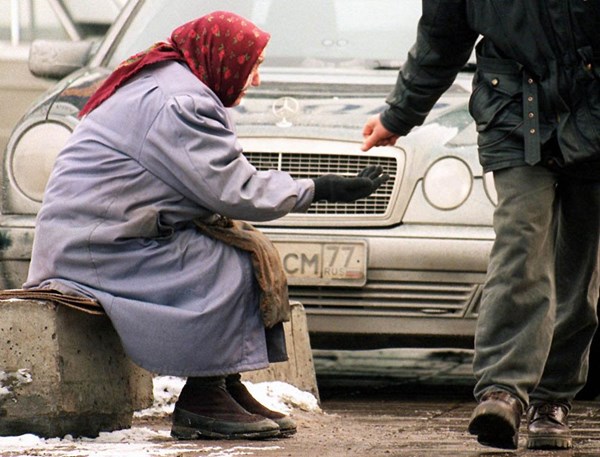Russia's looming budget crisis: oil price collapse forces Putin to weigh military and social cuts
The "moment of truth" has arrived as Russia braces for a potential budget crisis due to plummeting oil prices and mounting losses in the oil and gas sector, potentially forcing drastic cuts in military or social spending by 2026.
Already walking a tightrope, the Russian economy may soon face its most stern test yet. According to a forecast by Morgan Stanley, oil prices are expected to drop by 12% in the latter half of 2025 and by another 15% in the first half of 2026. This translates to the price of Russian Urals crude plunging to $47 a barrel—a figure that's incompatible with the country's current budget structure, Russian economist Vyacheslav Shiryaev wrote on his blog.
Even now, with oil priced between $55-58, the budget deficit is expanding at a worrying rate. But if the true Urals price of $47 must be acknowledged instead of $70, 2026 could see the deficit spiraling out of control. Estimates suggest that to keep the deficit within 1.5 trillion rubles, the Russian government faces two painful choices: cut military spending by up to 50%, or implement strict reductions in social programs, including health care, education, and regional support. The need for such choices may become unavoidable by September during budget formations.
So why is oil on a slippery slope? The key factor is the actions of OPEC+. In June, eight of the cartel's largest members who had previously voluntarily reduced output announced plans to ramp up production. By October 2025, these restraints are expected to be fully lifted, leading to a supply glut and further price declines. For Russia, this isn't just a geopolitical game—it's a systematic blow to its oil-reliant economy.
By March 2025, the consolidated results in the oil and gas industry turned negative for the first time, with losses amounting to 20 billion rubles. Just months prior, profits stood at 655 billion rubles in January, dropping fourfold in February. This triggered a wave of layoffs: in the Khanty-Mansi Autonomous Okrug alone, over 700 people could face job losses over the summer, with nearly 150 already dismissed since the start of the year. Export of Russian oil through maritime routes fell by nearly a third—from late May to early June—a decline of 28.6%. Baltic port shipments dropped drastically, by 33.2%, down to 154,000 tons per day. Novorossiysk and Kozmino also saw reduced shipments. This signals not only production issues but logistical strain as well.
Russia is now entering a phase of tough budgetary decisions. Without significant spending adjustments or the conclusion of costly geopolitical endeavors, the country risks plunging into a massive financial crisis by 2026. The "moment of truth", as Shiryaev puts it, seems unavoidably near.
